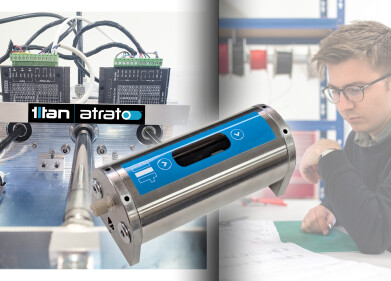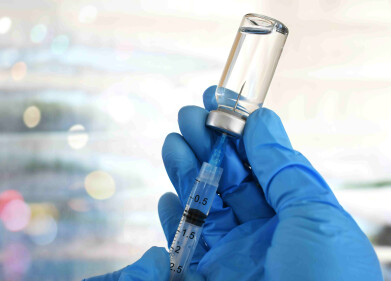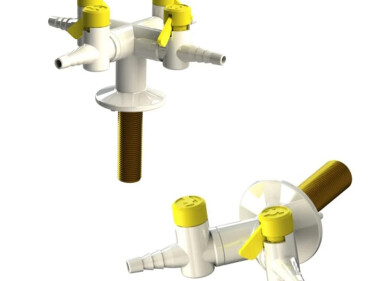-
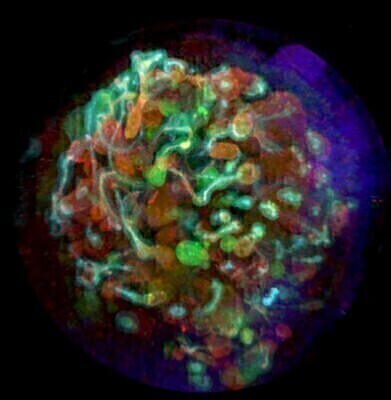 A 3D image of a kidney organoid stained for podocytes (red), proximal tubules (cyan), distal nephrons (green) and nuclei (blue). The picture is kindly provided by Dr Ken Hiratsuka and Professor Ryuji Morizane, Massachusetts General Hospital and Harvard Medical School.
A 3D image of a kidney organoid stained for podocytes (red), proximal tubules (cyan), distal nephrons (green) and nuclei (blue). The picture is kindly provided by Dr Ken Hiratsuka and Professor Ryuji Morizane, Massachusetts General Hospital and Harvard Medical School. -
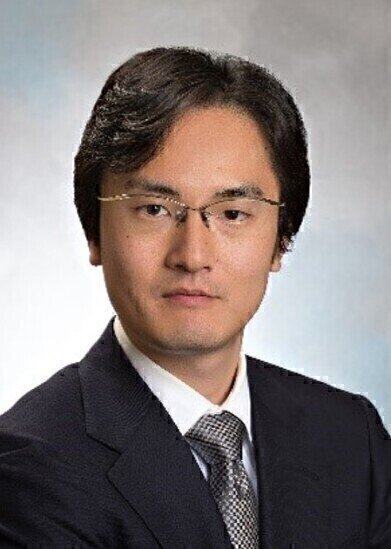 Professor Ryuji Morizane.
Professor Ryuji Morizane.
Laboratory products
Advanced Technology for Creating Vascularised Kidney Organoids
Mar 03 2023
Cutting-edge kidney organoid research
AMSBIO recently conducted an interview with Professor Ryuji Morizane, a distinguished expert in renal research at Harvard Medical School. Professor Morizane's groundbreaking research*, which combines organoid and bioengineering technology, has led to the development of kidney organoids that incorporate a vascular system.
Culture medium enables in vitro creation of renal vascular system
To support this innovative work, Professor Morizane's research team employs StemFit®, a chemically-defined culture medium without human or animal-derived components, for the embryonic (ES) and induced pluripotent stem cells (iPSC) used in the research. Moreover, StemFit® is a feeder-free medium.
The kidney is an essential organ that constantly purifies the blood and regulates fluid balance in the body. Despite advanced 3D cell models, investigating renal function in vitro is challenging due to the kidney's intricate structure and vascular networks. The emergence of stem cell-based techniques for generating small cell-culture models of organs, known as "organoids," has significantly hastened kidney research. However, until recently, most organoids lacked vascularisation, which is crucial for proper renal function.
In discussion about his research - Professor Morizane commented: “There were many challenges we had to overcome to reliably produce vascularised renal organoids. In the past, we used to culture hPSCs with feeder cells, however frequent passaging and the removal process of feeder cells often lead to variations in cell quality. Using StemFit® culture medium, has allowed us to eliminate the use of feeder-culture, meaning we can produce a larger stock of iPSCs. This, combined with frequent checking of progenitor cell differentiation efficacy, has helped our researchers reduce batch-to-batch variation. Switching to StemFit® has also improved cell viability and growth, enabling us to improve gene-editing efficacy, and the production of more cells for experimentation.”
He added: ”Our renal organoid technology shows great promise for use in disease modelling and toxicity testing. In the future, I would like to focus on translational research such as drug screening using kidney organoids – and also consider clinical applications. Here the challenge is to produce high-quality cells used for transplantation. For these new applications it is necessary that we develop cost-efficient culture methods to produce iPSCs and the differentiation protocols of organoids.”
AMSBIO's StemFit® series of chemically-defined media, which are free of animal-derived components, have been demonstrated to effectively maintain induced pluripotent stem cells (iPSCs) and embryonic stem cells (ESCs) in feeder-free conditions throughout the stem cell culture reprogramming, expansion, and differentiation phases. StemFit® is available in both research and GMP grade formulations, and is the market leader in colony-forming efficiency, with lower media volume consumption compared to leading competitors, resulting in the most cost-effective colony expansion. StemFit® is a component of AMSBIO's Stem Cell Synergy Solution product line for streamlining and improving ES/iPS Cell Culture efficiency, from basic research to clinical applications.
More information online
*Professor Morizane’s research was selected for the NIH Director's New Innovator Award in 2019.
Digital Edition
Lab Asia Dec 2025
December 2025
Chromatography Articles- Cutting-edge sample preparation tools help laboratories to stay ahead of the curveMass Spectrometry & Spectroscopy Articles- Unlocking the complexity of metabolomics: Pushi...
View all digital editions
Events
Jan 21 2026 Tokyo, Japan
Jan 28 2026 Tokyo, Japan
Jan 29 2026 New Delhi, India
Feb 07 2026 Boston, MA, USA
Asia Pharma Expo/Asia Lab Expo
Feb 12 2026 Dhaka, Bangladesh
